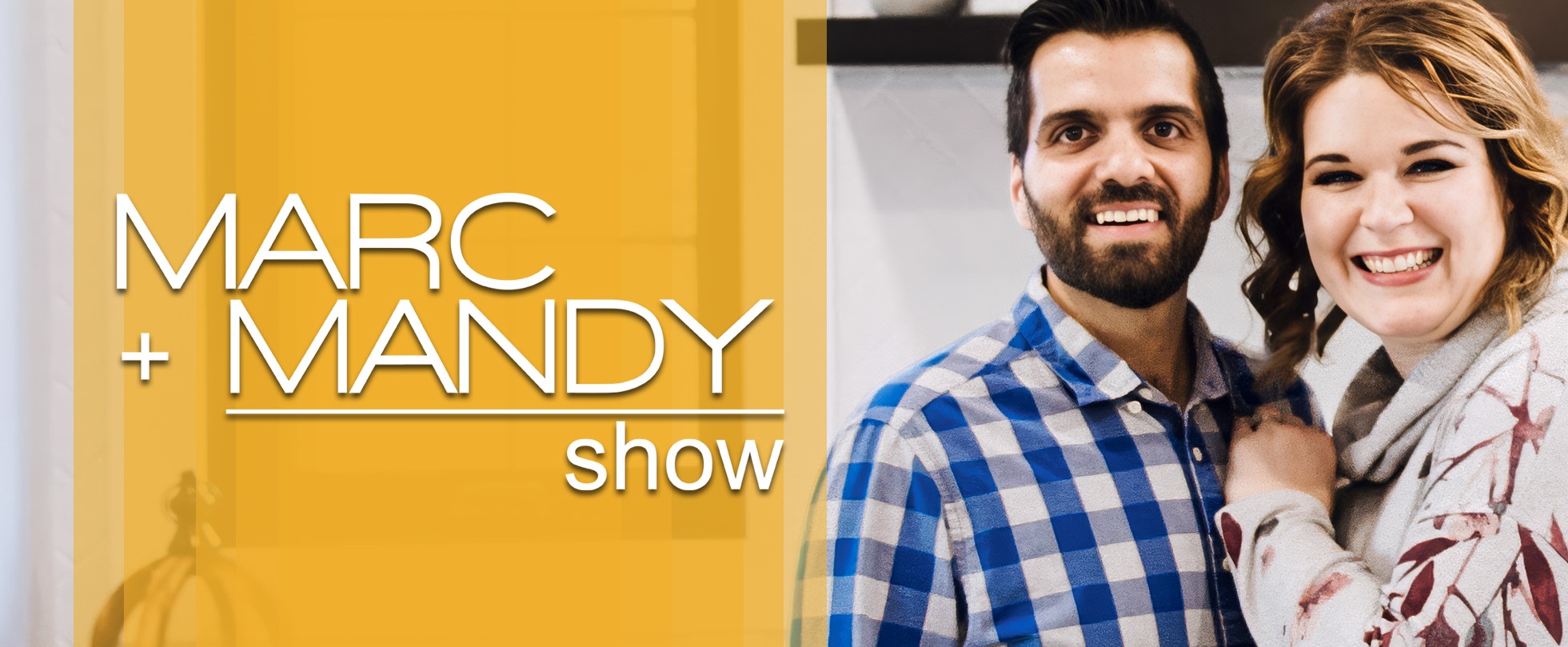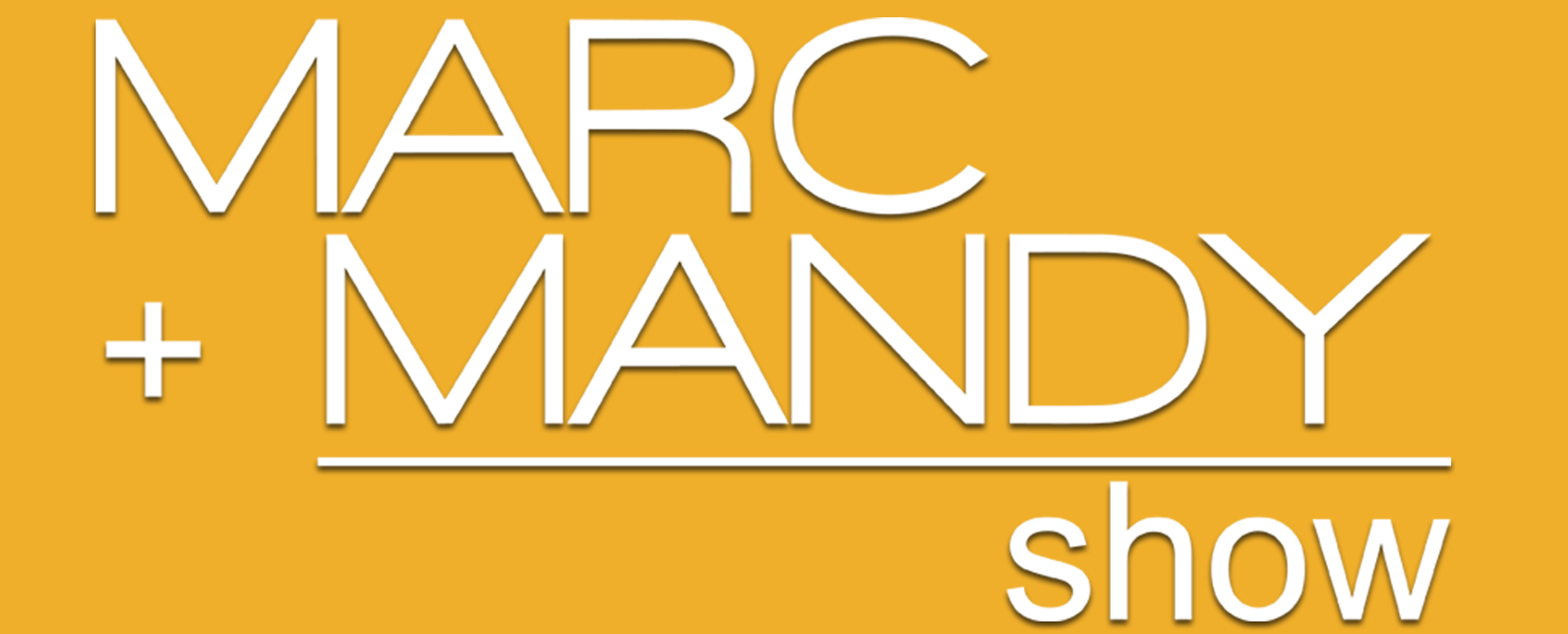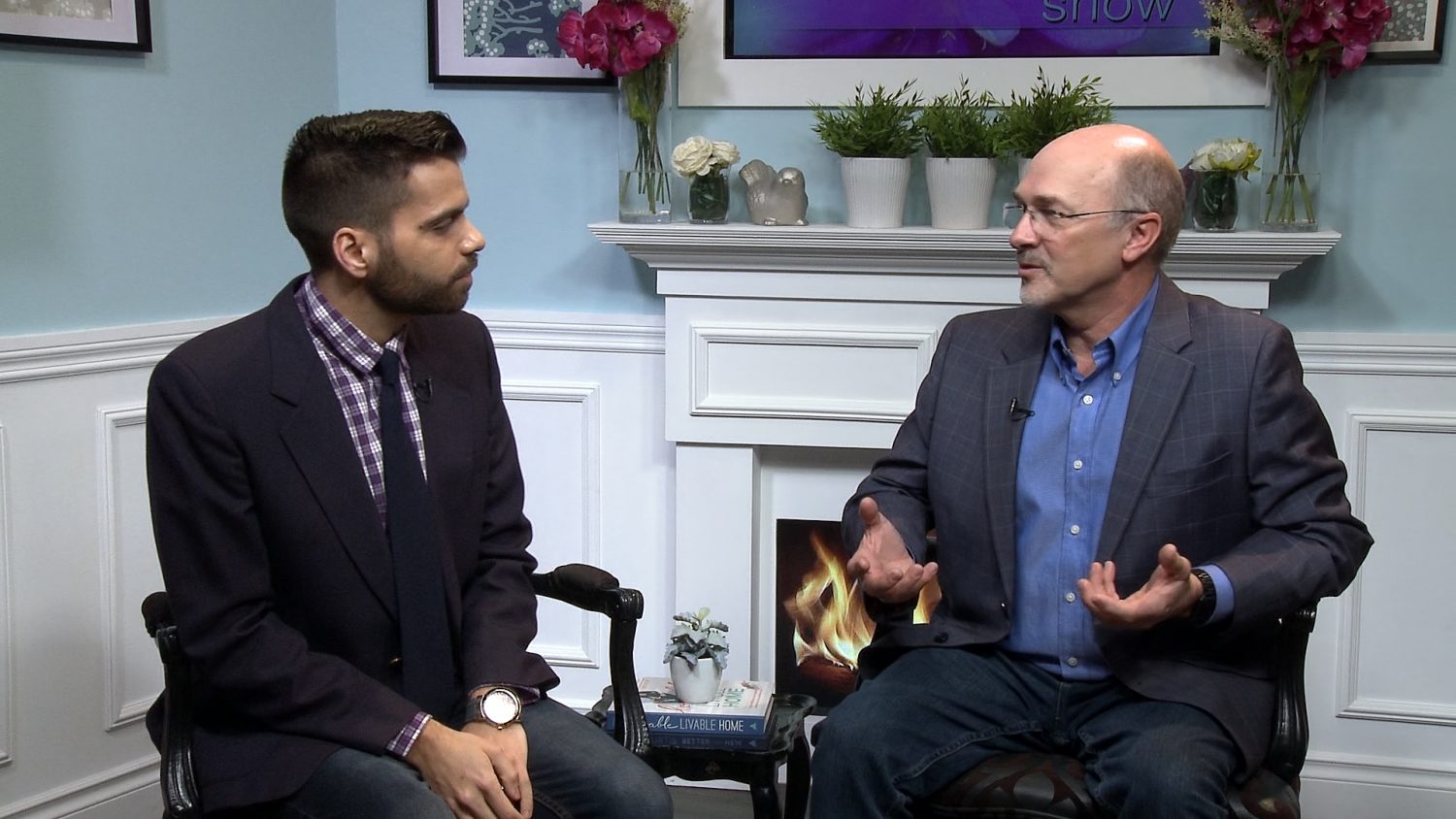Parenting a Child With ADHD
Today, many parents use the term ADHD loosely to describe their children who display lots of energy and impulsivity. We have therapist Gerry Goertzen to help us understand the condition and strategies to help parents in raising a child with this difficult diagnosis. The most important aspect is to correctly diagnose the child with ADHD through a long-term evaluation and assessment process. As well as high energy and impulsivity, there are also important signs of irritability and attention details.
Our expert Gerry states that he is slow to jump right into treatment with medication as he feels the whole person should be treated. He feels that you have to try to get to the root of the problem. You might discover that the child has ADHD-type traits and characteristics, but that it is not necessarily ADHD.
Gerry states that there is a three tiered approached that therapists look at. The first is behavioral, then social and then physical. Starting with the physical, you need to look at what the child needs in his diet and in his activities. He/she may not have an outlet in which to spend that energy. From the social stand point, many ADHD kids will share that they just don’t fit in, that they are just to left or right of center with their friends and need guidance with peer interaction. This is often where the irritability stems from. The same goes for the behavioral part, because ADHD traits tend to need lots of structure, so parents need to ask themselves what type of structures and systems are they creating and building into their lives and homes. As much as ADHD kids need intensive structure, they also need a balance with their preferred activities like impulsive things and busy-busy energy driven activities. When parents are trying to decide how to distribute chores, they need to mix it up between preferred and non-preferred activities. You can’t expect your child to complete a 15 list task and stay on focus. They do so much better with one given task and once completed, move on to the next one.
As a parent, you often ask, ’what can I do?’’ Gerry suggests to look at yourself in order to arm yourself for the day. Think about what kind of routine, structure and atmosphere you want to design? He states that children watch us so we have to establish a pattern in our own lives first and help our child know what that pattern is. Keep communication very clear and simple and don’t have consequences you can’t follow through on.











